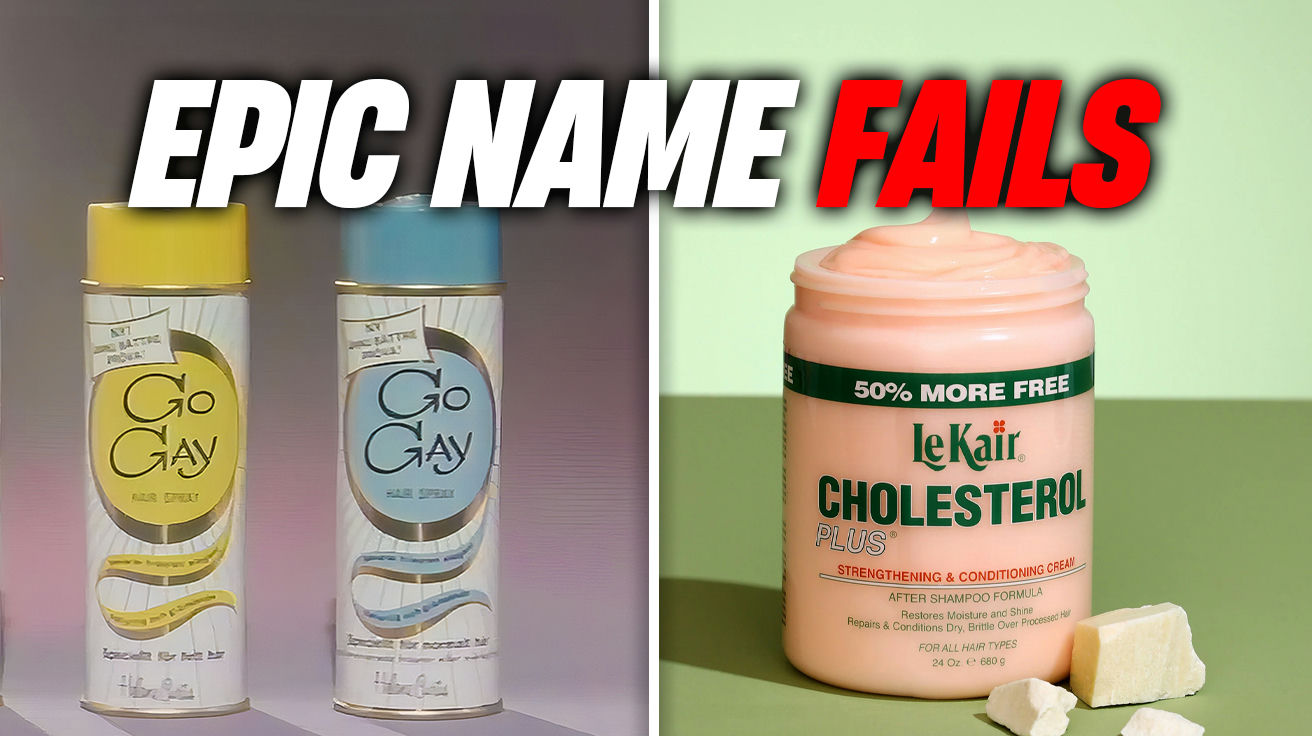Names like Apple, Nike, and Tesla spark immediate recognition. They echo quality and capture imagination. Then there are names that miss the mark completely. Products like “Ayds” diet candy or “Bongzilla” smoking devices show what not to do.
A product name can make or break a brand. It shapes first impressions and drives long-term appeal. The right name boosts market presence like salt brings out flavor in food. The wrong one? Well, you’re about to see exactly how bad it can get.
8. Minipoo Dry Shampoo
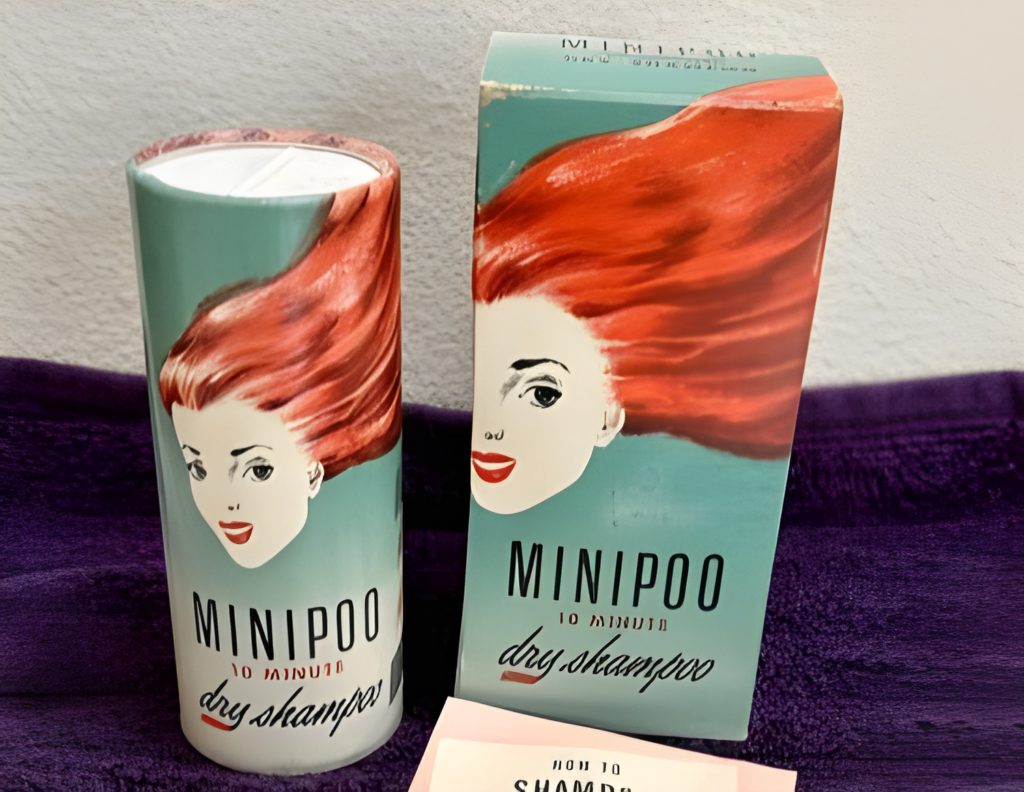
Rushing to a meeting with greasy hair? “Minipoo” promised to freshen locks in minutes without a drop of water. You sprinkled powder onto your scalp, worked it through, and brushed it out. Despite solving a real problem for busy people, the product quickly vanished from shelves.
Names with unintended connotations, like Minipoo, often struggle to resonate with consumers, much like the strangest toys from the 70s that faded into history due to similar branding challenges. Avoid words with negative associations for personal care products. Choose names that highlight benefits, not bodily functions.
7. Church Jewels
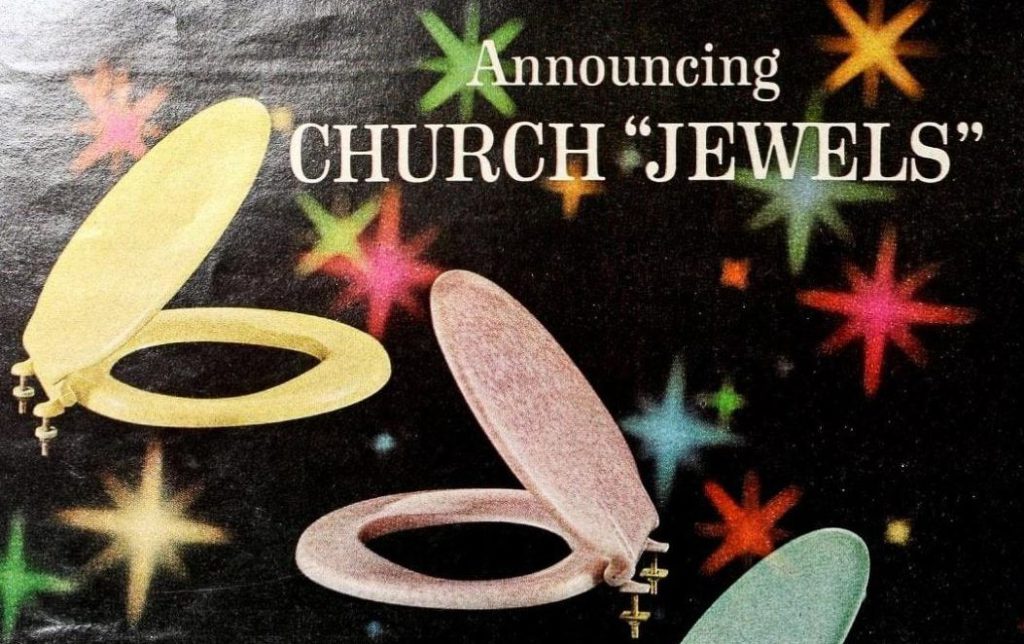
Toilet seats rarely make design headlines, yet American Standard’s “Church Jewels” dared to transform the most humble bathroom fixture into a colorful statement piece. These high-quality seats aimed to enhance interior design with both function and flair.
The name created massive confusion. Many consumers felt awkward about the religious reference for a toilet product. (Nothing says “sacred” quite like a porcelain throne, right?) Others simply had no idea what the product actually was based on the name alone.
Consider cultural sensitivities when naming products. Religious references rarely belong in the bathroom aisle.
6. Dr. Batty’s Special Cigarettes
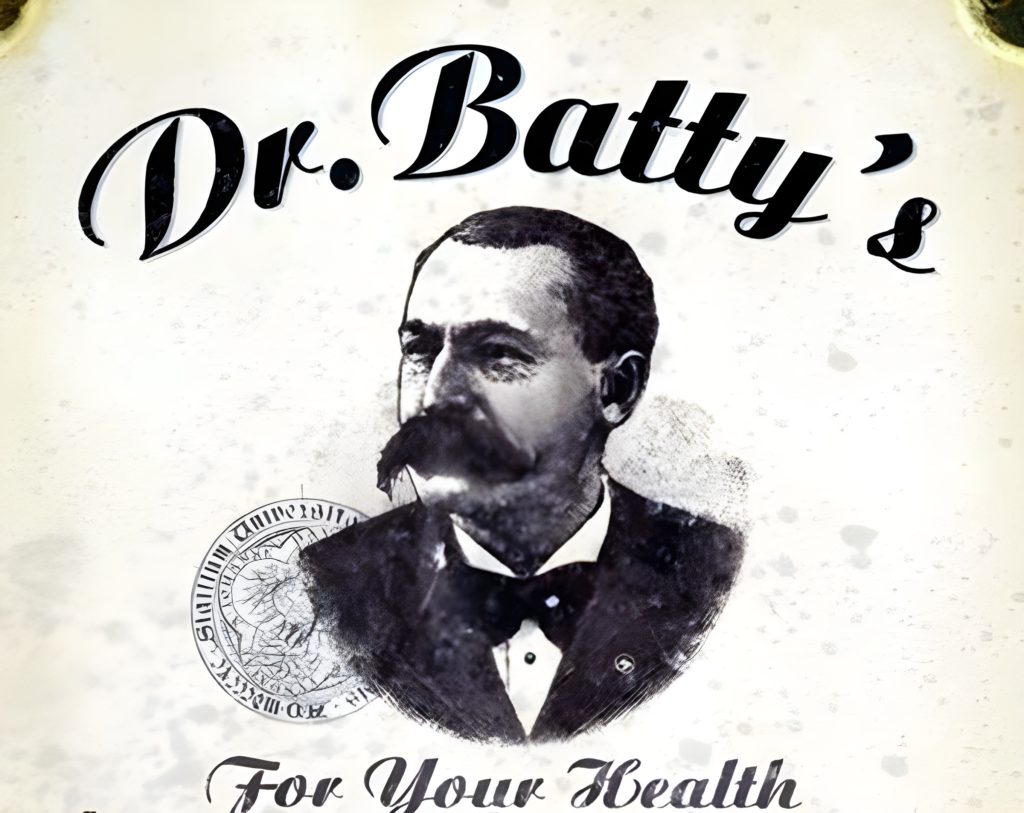
Infused with “medicinal properties,” Dr. Batty’s cigarettes claimed to relieve everything from asthma to bad breath while actually damaging the very lungs they promised to heal. They supposedly treated head colds, canker sores, and throat infections too. The product warned it wasn’t safe for children under six. How thoughtful.
These claims seem ridiculous today, but before strict regulation, products routinely made wild health promises. Dr. Batty’s perfectly demonstrates how slapping “Dr.” on a product could convince people to inhale smoke for their health.
Using authority figures in product names carries responsibility. Don’t pair health credentials with products that might hurt your customers.
5. Ayds Diet Candy
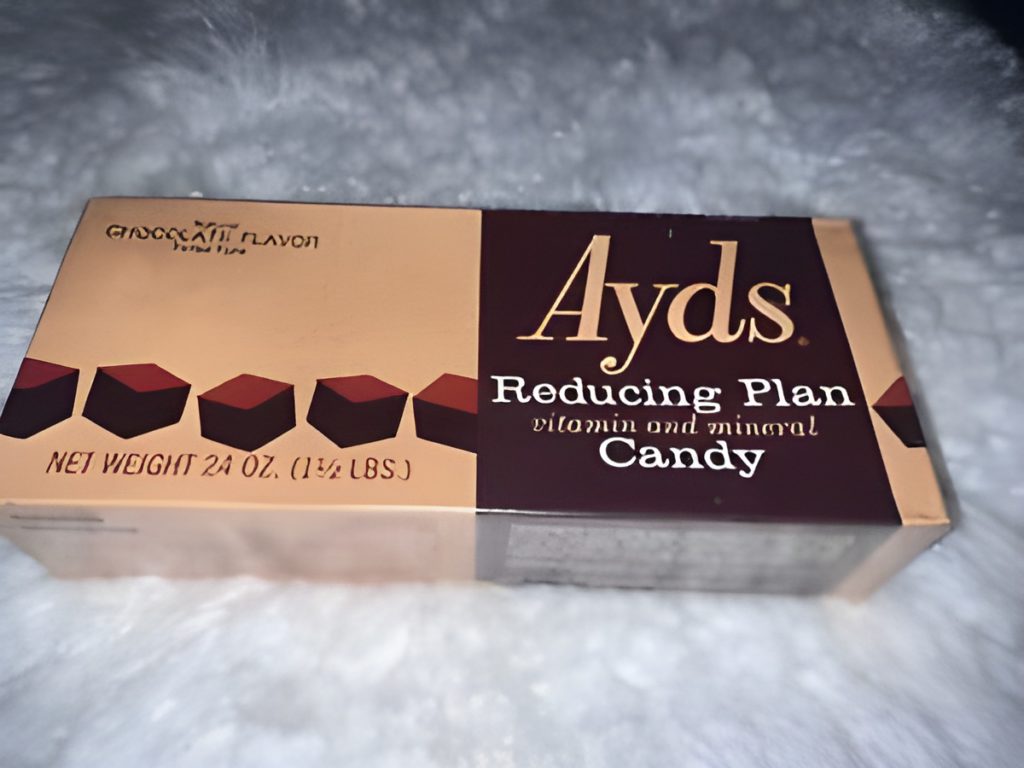
Dieters struggling with constant hunger cravings found supposed relief in the 1970s with “Aids” candy, an appetite suppressant with catastrophically unfortunate timing. The appetite suppressant helped users feel full and resist food cravings. The timing couldn’t have been worse.
When the AIDS epidemic emerged in the 1980s, the unfortunate name became catastrophic for the brand. No marketing campaign in the world could separate diet candy from a deadly disease with the same name. Talk about bad luck.
Future-proof your product name by considering potential negative associations. A name that works today might become toxic tomorrow.
4. Go Gay Hairspray
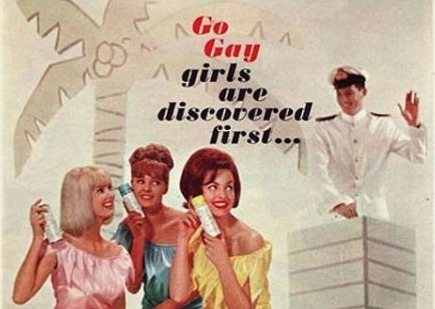
With exceptional holding power, “Go Gay” hairspray kept every strand perfectly positioned while its name captured the carefree spirit of 1950s styling trends. In the 1950s, “gay” simply meant joyful or carefree. The product kept hair looking lively and bouncy.
Language evolves faster than product marketing teams can keep up. As “gay” took on its modern meaning, the hairspray became unintentionally hilarious. One generation’s normal product became another’s comedy gold.
Words change meaning over time. Choose timeless names that won’t become awkward punchlines when cultural meanings shift.
3. Prophylactic Toothbrushes
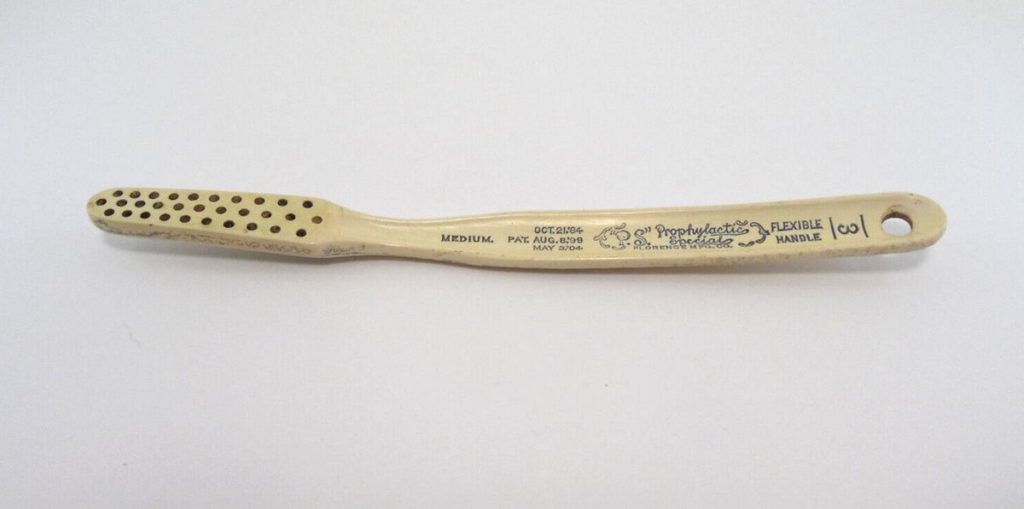
If you’re concerned about cavity prevention, the technically accurate “Prophylactic” toothbrushes seemed like a sensible choice – until the word’s meaning evolved in popular culture. For fighting cavities, the name made perfect sense. The product prevented dental issues through regular use.
As the word became primarily associated with condoms, these toothbrushes gained unintended comedic value. Asking for a prophylactic at the drugstore suddenly had wildly different implications. Awkward.
Careful with technical medical terms in everyday products. Your scientifically accurate name might become tomorrow’s bathroom joke.
2. Bone Phone Device
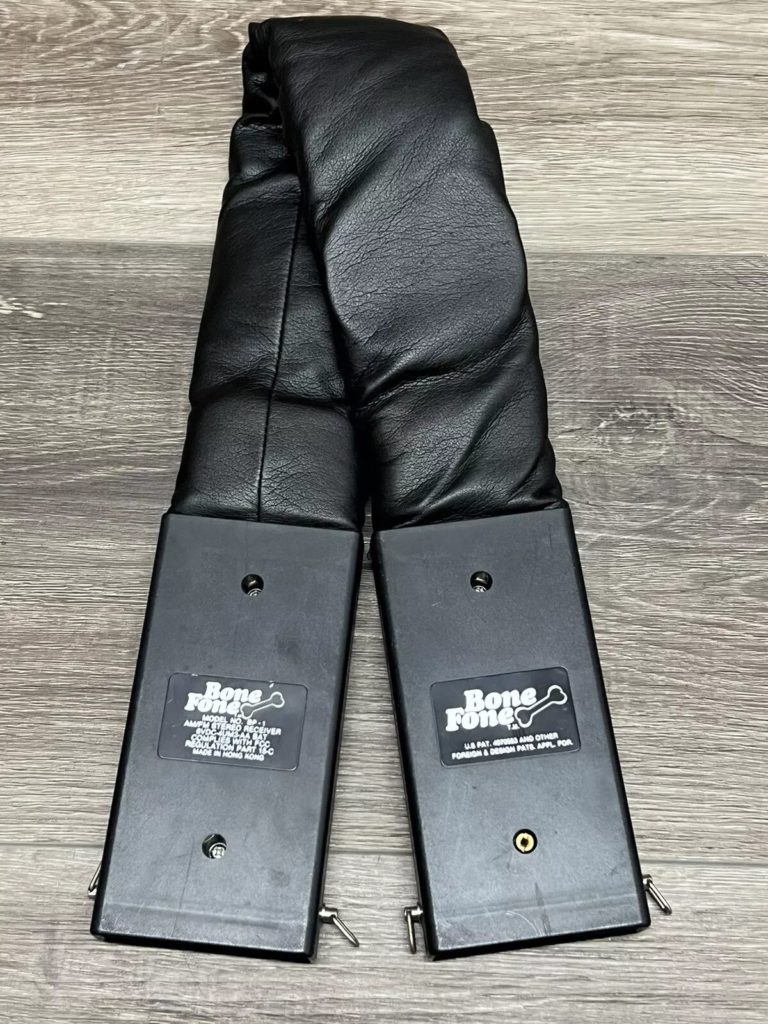
Revolutionary sound technology met nightmare-inducing branding when the “Bone Phone” introduced bone conduction audio to confused 1980s consumers. Using bone conduction technology, it transmitted sound through neck bones to the inner ear. The device promised satisfaction through novel vibrations.
Despite genuine innovation, the name sounded more like a Halloween novelty than serious tech. It’s like naming your sophisticated AI assistant “Creepy Computer Friend” – technically accurate but terrible for consumer confidence.
Tech product names should convey innovation without sounding like props from a horror movie.
1. Cholesterol Hair Conditioner
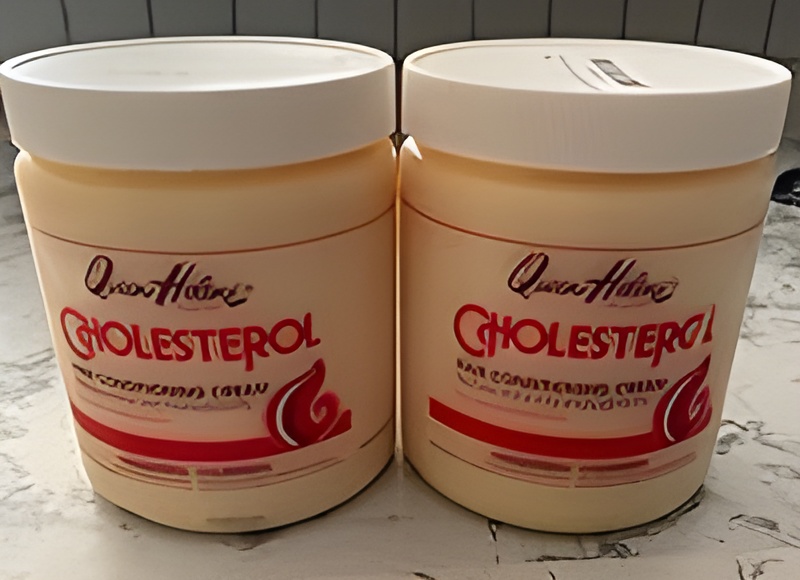
Fried, damaged hair from chemical treatments cried out for rescue, and “Cholesterol Hair Conditioner” delivered impressive repair results while carrying a name associated with heart disease. Salon professionals recommended it for restoring softness and shine to troubled locks.
Unfortunately, as cholesterol became associated with heart disease and health warnings, putting it in your hair seemed bizarre to consumers. “Would you like some artery-clogging substances for your split ends?” wasn’t the pitch customers wanted to hear.
Avoid ingredients with negative health associations in your product name, even when they’re beneficial in your specific application.

